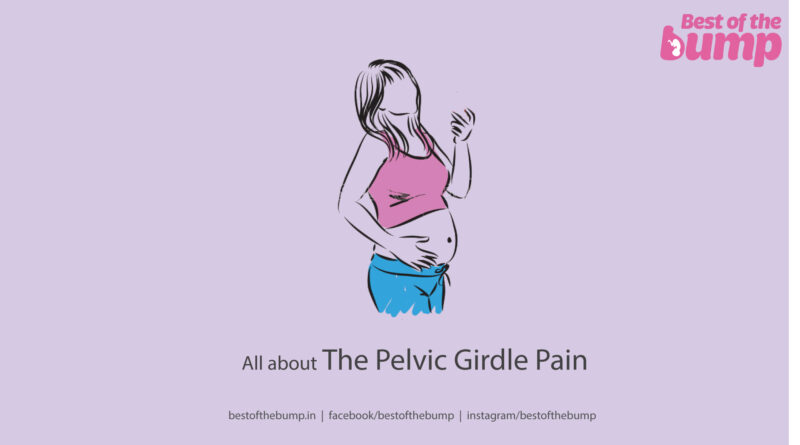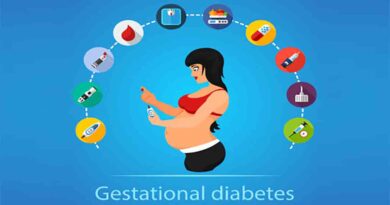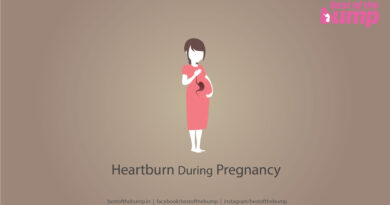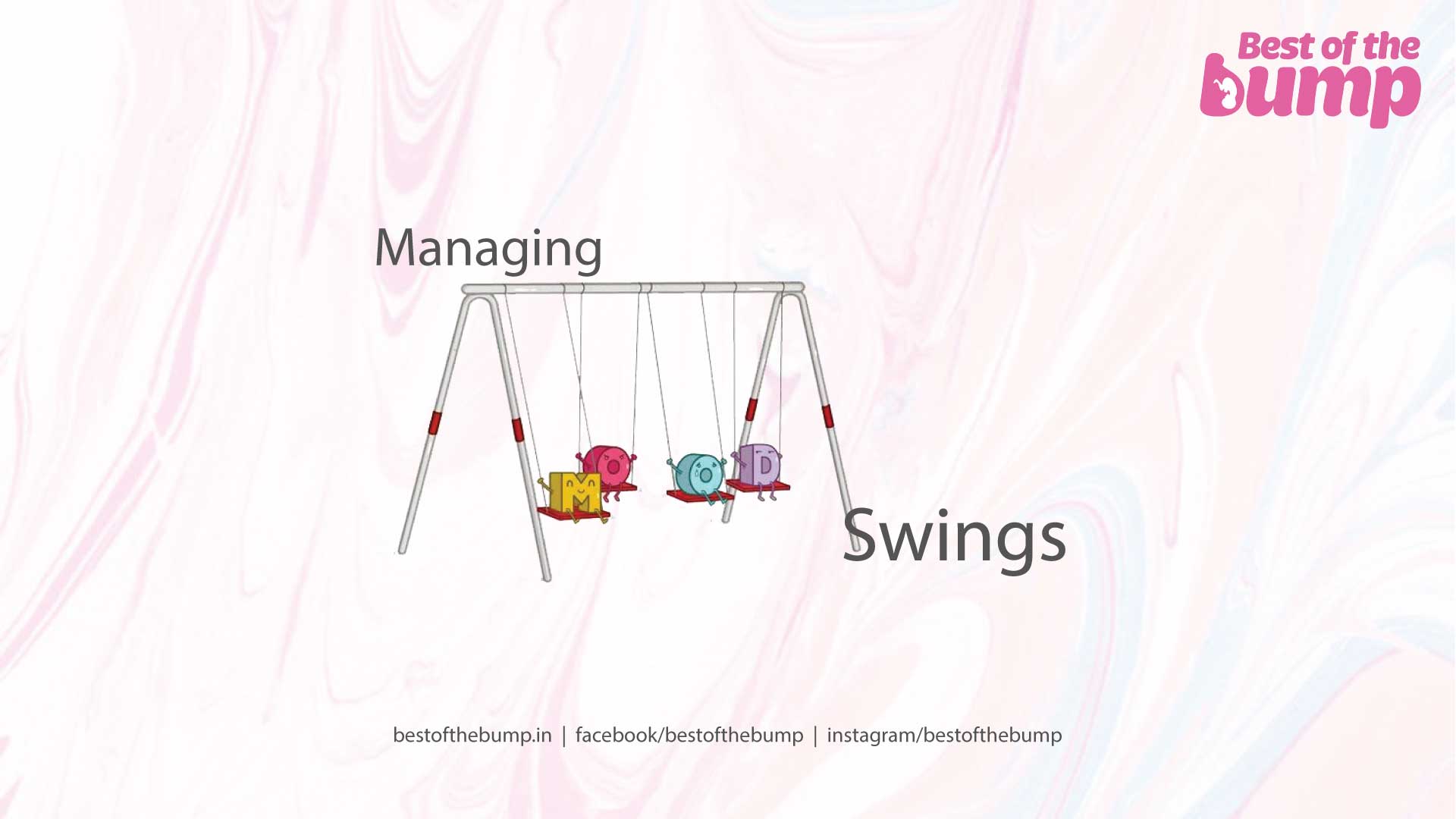All About The Pelvic Girdle Pain
During pregnancy, you may undergo different kinds of aches, one of them is Pelvic Girdle Pain (PGP) wherein your joints get more mobile during pregnancy. It happens due to a reason, the reason being the production of a hormone called relaxin which softens your ligaments. Having lax ligaments helps your baby to pass through your pelvis during birth.
What Pelvic Girdle Pain means- It is a pain of the pelvis including the following two joints-
- The sacroiliac joints (joints that connect the triangular bone, that sits between your hip bones at the back of your pelvis)
- Symphysis pubis joint (the joint that connects the two halves of the front of your pelvis)
CAUSES
Pelvis pain is caused generally by a combination of the following factors-
- Joints in your pelvis moving unevenly
- The change in the way your muscles function to support your pelvic girdle joints, combined with improper functioning of a pelvic joint, results in pain radiating to other joints in the pelvis.
- Your pelvis is stable when you lie down, stand up, or walk; hence if you have pelvic pain, you are doing these activities with a less stable and uneven pelvis. But these kinds of discomforts are common features of pregnancy. Almost 50 percent of pregnant women suffer from this sort of back pain or pelvic pain. It’s better to ask for help as soon as you discover this pain as it can get worse with time. One in five women develops serious problems and one in twelve has severe pain or disability due to pelvic pain.
THE PELVIC GIRDLE PAIN SYMPTOMS
The Pelvic Girdle Pain may vary from woman to woman, it may be a general one or may shoot into your buttocks or down the back of your legs. It may be felt in your lower back, symphysis pubis joint, groin, sacroiliac joints, front and the back of your thigh, back of your lower leg, around your hips, in your pelvic floor, and around the opening to your vagina and anus.
WHAT MAKES IT WORSE
Your basic activities like lying on your back, turning over in bed, having sex in specific positions, and sitting or standing for long periods can make the pain go worse. Generally, the pain increases at night, hence moving your legs apart while sitting or lying down can hurt.
WHEN DOES IT HAPPEN?
The pain may come at the very beginning of the first trimester or just a few days before your delivery. You may even feel the pain for the first time after giving birth. If it comes at the end of your pregnancy, it means your baby’s head is engaging, moving down into your pelvis. If you are pregnant for the second time, you have a chance to reduce PGP symptoms by losing excess weight and getting fit.
HOW TO TREAT PGP?
You can treat Pelvic Girdle Pain either by taking your physiotherapist’s help or by making some lifestyle changes. Take your physiotherapist’s help to protect your pelvis during movements that are usually painful. You may be provided with a pelvic support belt which can relieve your pain during your exercises. Gym kind of exercises in the water can be helpful. Acupuncture could also help in the reduction of pain, don’t worry it is safe during pregnancy. If all these options do not work for you at all, pain relief like paracetamol could help you out.
Generally, PGP does not affect your labor. If possible, try not to lie on your back to give birth. You’ll find upright or kneeling positions more comfortable as they protect your pelvic joints. The pain would soon clear up within a few weeks or a few months after the delivery.




